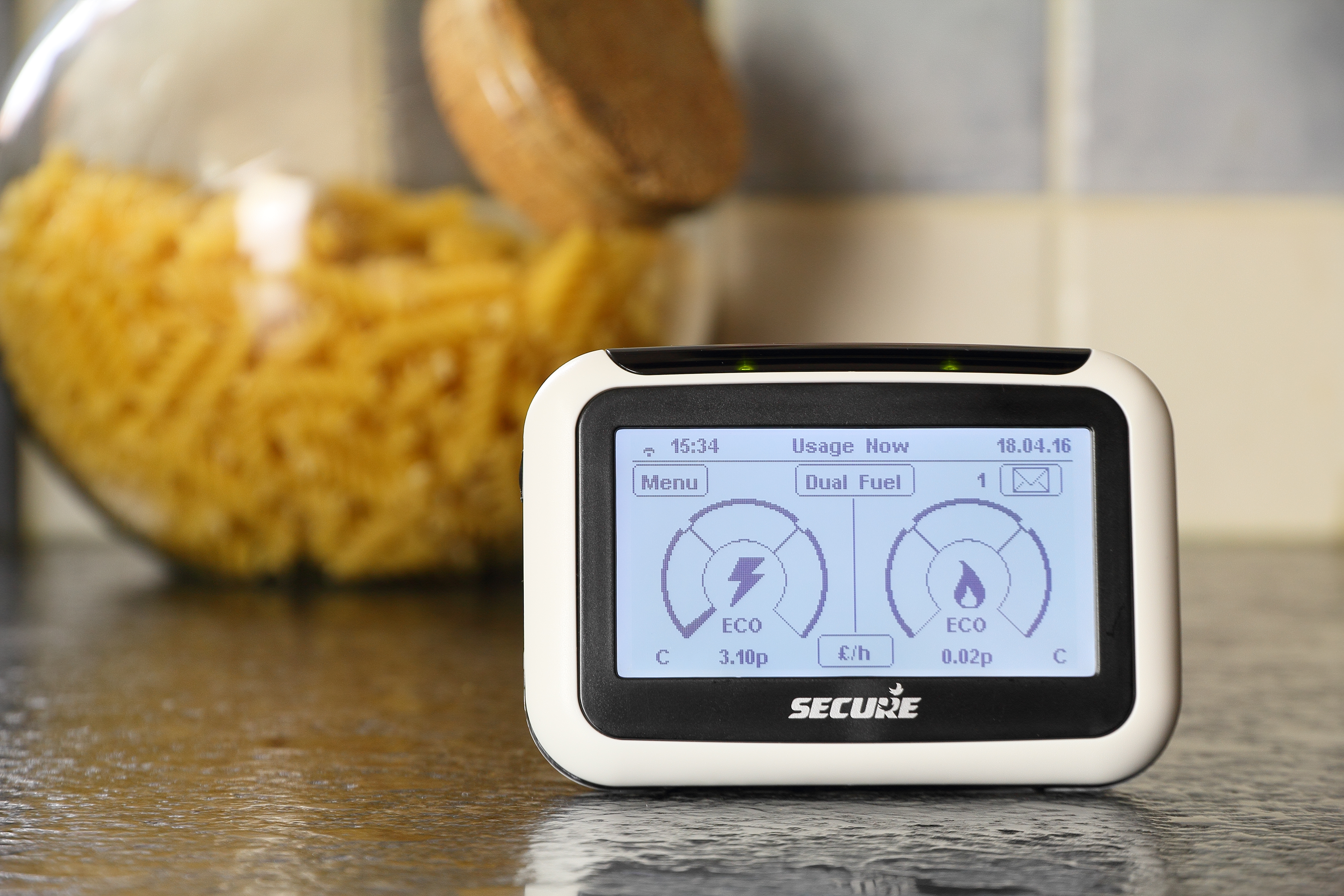Does the smart meter revolution need consumer approval?
After many years of planning and pilots, large scale smart-meter roll-outs are now happening across Europe. The UK government would like to have smart meters in all British homes by 2020, and a witty advertising campaign has explained the benefits of exact – rather than estimated – bills that ensure they will only pay for the energy they use. By Mark Patrick, Mouser Electronics.
There is no question that the world’s energy resources are becoming more and more depleted, and homeowners’ utility bills are only going to rise in the future. Smart meters are seen as an essential part of the combination of measures needed to help limit household consumption and help utilities to manage their operations more efficiently.
But something else is also happening. Utility companies are seeking to transform their businesses along the lines of the mobile phone companies. The smart-meter infrastructure can provide a means of establishing closer links with customers and delivering innovative value-added services in order to differentiate their brand and sustain revenue growth.
One has to wonder whether smart meters truly have very much to offer the consumer. The major beneficiaries seem to be the utility companies and, perhaps to an even greater extent, governments. After all, smart-meter programs throughout Europe have been initiated by governments who need successful green projects to demonstrate their commitment to pledges on climate change.
Is the incentive of an accurate, calculated bill enough to convince consumers that smart meters have something to offer them? On the other hand, does it really matter whether consumers are on side or not? After all, only a small handful are likely to refuse to allow a smart meter to be fitted, if their supplier writes with a date for conversion.
One might argue that needed change can happen more smoothly if all stakeholders feel they have something worthwhile to gain. But a more significant challenge to the smart-meter revolution could be looming. As customer experience with the new meters grows, some other drawbacks have become apparent. One of these is that, in the event the customer wants to switch to a different supplier, the new supplier’s systems will not access the smart features of the previous supplier’s meter. If the customer switches, the meter will provide basic functionality only: it becomes a dumb meter once again. The government has a plan to introduce common communication platform, which was supposed to be in action by April 2016. Guess what: there are problems, and it looks like there will be at least a six-months delay. All this has left some consumers feeling they are at the mercy of cynical moves to use smart meters to lock them into supplier relationships that will leave them paying more than they expect or want to for their energy. The backlash starts here?

There could be a couple of practical solutions. David Blumstein, founder and Managing Director of meter-networking experts Amiho Technology, recalls similar difficulties in the mobile sector a few years ago, as consumers struggled to switch between providers and – even more inconvenient – would receive a new phone number each time they did. Now, porting from one provider to another is far easier and smoother. If utilities really want to emulate the mobile sector, maybe they should become less afraid of customer “churn”.
On the other hand, Amiho’s Blumstein also highlights the example of an Italian utility company using the same technology that links its smart meters - WM-Bus at 169MHz with the possibility also to include LoRa in the communications mix - to connect smart parking meters throughout cities. More stakeholders can benefit from this type of approach: the utility can spread the cost of its investment in smart technology; city authorities can overcome enforcement and congestion problems; and even motorists stand to reap a reward. Anyone who has put more coins than was really necessary into a pay and display machine, or been obliged to pay for a full extra hour after over-staying by just a few minutes, will appreciate the “only pay for what you use” aspect that smart metering can bring to the emotive subject of car parking.
What more could utilities do with smart meters, to create better value propositions for consumers? Will we soon see utility-focused “app stores”? Or useful extra hardware features built into the next generation of smart meters? But while we strive to gain extra benefits for all, we should not lose sight of the original stated goal: our promise to reduce energy consumption and CO2 emissions.










